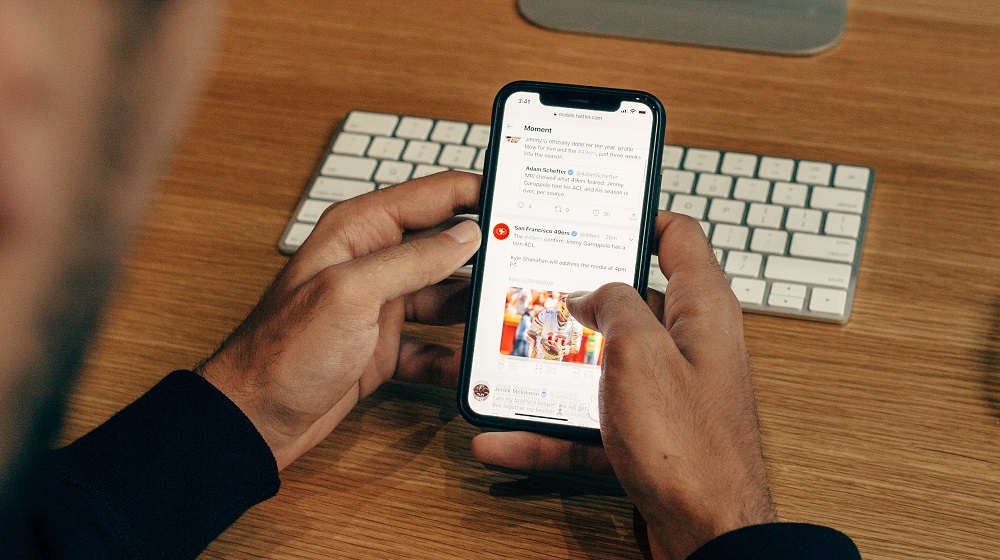The leading news publishers, including IAC, The New York Times, News Corp, and Axel Springer, are very close to forming a coalition to fight AI companies that use their data to train their models without consent. The group is considering leading a lawsuit and pressing for legislative action, reported Semafor, citing unnamed sources at the companies that would become part of the coalition.
Barry Diller, the media mogul and Chairman of IAC had criticized AI companies earlier this year, saying that they could cannibalize their business by sucking up the data and present it to the users on their platforms in repackaged form. He argued that the publishing industry needs to get together o n this and tell the AI companies that they cannot scrape their data until they work out systems where publishers get compensated in some form.
He also explained that publishers had to rebuild their businesses after giving away content for free at the start of search and social media era, “It literally took almost 20 years for publishers to say it’s not free and that began paywalls and subscription services but the amount of destruction that took place at the beginning when it was declared a free medium media was enormous and I think today is potentially analogous to that.”
IAC CEO Joey Levin who is playing one of the most important roles in the coalition commented on the issue by saying without discussing too many details, “The thing that everyone wants to talk about is whether AI is going take over the world to eliminate humans and all that.” But AI taking over the media “could be more profound than that sort of sci-fi fear.”
The media company’s CEO further added that the “Search was designed to find the best of the internet. These large language models, or generative AI, are designed to steal the best of the internet.”
The publication reported that technology companies are willing to reach an agreement with publishers where they pay for training data but there’s a big gap in what tech companies want to pay and what publishers are expecting in terms of compensation.
“Tech companies appear to hope that they can placate publishers with, perhaps, eight figures worth of payouts,” noted the report, adding that publishers argue that if these LLMs rely on their inputs, “the share of the value they collect should be commensurate and should run into the billions of dollars across the industry.”
Microsoft’s Corporate Vice President Yusuf Mehdi who leads company’s consumer business had addressed some of the concerns of publishers earlier this year, “First, we want to drive more traffic to publishers in this new world of search. It is a top goal for us, and we measure success in part by how much traffic we are sending from the new Bing/Edge. Second, we want to increase revenue to publishers. We seek to do this by both driving more traffic to them through new features like chat and answers and by also pioneering the future of advertising in these new mediums.”
The company that has plans to introduce ads in its AI-powered chatbot Bing Chat wants to work with publishers and potentially share ad revenue with them.
Amidst all these developments, there has been a notable partnership between OpenAI and ChatGPT. OpenAI has entered into an agreement to license a portion of AP’s text archive, and in return, AP will utilize OpenAI’s technology and product expertise. Additionally, Google has been pitching an AI tool to news organization to help journalists write news articles.






